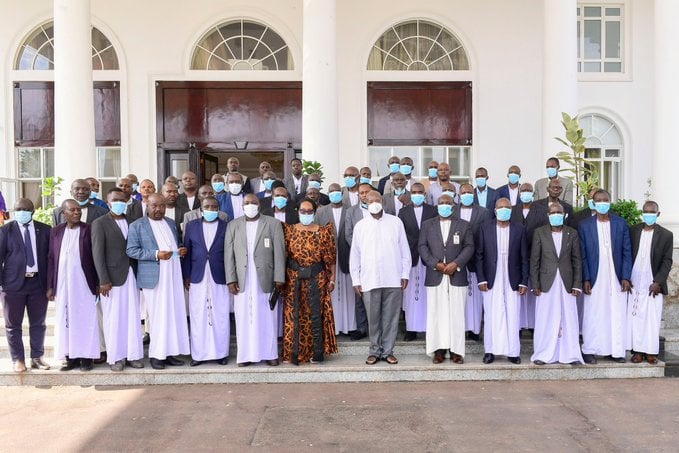
Rogers Magala
In Buganda’s contemporary political history, there are two major obstacles that greatly threatened it’s establishment; these were the 1953-1955 and 1966 Kabaka crises.
In November 1953, then British Governor Sir Andrew Cohen overthrew Kabaka Edward Muteesa and forced him into exile. This was followed by rampant demonstrations ranging from the royal family to the Lukiiko (parliament), which refused to elect another Kabaka as demanded by Governor Cohen. Muteesa did not break the spirit of resentment exhibited by his subjects back home. He stood his ground to the demands of the Lukiiko, which also included Buganda’s Independence from the Protectorate. The British succumbed to the pressure by the Baganda and Muteesa returned to his throne.
Unfortunately, the climax of the second Kabaka crisis in 1966 featured the death of Muteesa II in 1969 while in exile in London. Even then, the circumstances surrounding the entire episode of gloomy events before and after which included the destruction of the Mengo Palace and the abolition of the 800-year-old kingdom did not break the spirit of Buganda and the Baganda.
27 years later after the abolition of Buganda Kingdom, the eternal spirit of Buganda was reincarnated in 1993 and Kabaka Ronald Mutebi reclaimed the throne of his forefathers.
Kabaka Mutebi’s reign has been graced with enormous success with a lot of structural and infrastructural development and widening of the kingdom’s purse.
However, the current Buganda, which prides itself as the region with the largest tribe in Uganda and with a proud people with a long history as a united tribe, is under attack by both the visible and invisible snares of the enemy. But also, it should be noted that there are signs of discord within the layers of leadership which make up Buganda, and can eventually breed irreconcilable damage to the foundations of the kingdom.
For example, the leadership of the Katikkiro (prime minister) and his cabinet seem to be a million miles away from key stakeholders in the stratum of the kingdom.
The Bataka (clan heads) were given land by President Museveni, which the Katikkiro and Mengo were not privy to. The Ssabalangira, who is the head of the Royal Clan to which the Kabaka belongs, petitioned the President to investigate the health of the Kabaka without involving the Mengo administration. The Bataka seemingly defied the guidance of the Katikkiro who has continuously assured the kingdom that the Kabaka was recovering steadily and called for calm. However, they recently met President Museveni and sought permission to visit the Kabaka in Namibia where he is undergoing treatment. This left very many people wondering why they would run to the President instead of Mengo.
The mystery around the generosity of the President, which the leaders from Mengo may not be alive to is that it is their loyalty to the Kabaka that is at stake in exchange for the President’s benevolence. It is a common principle that whoever has the money has the power and makes the rules. Through these lenses, one can easily predict the future of Buganda.
Unlike the two kabaka crises where the kingdom was drenched in resounding unity and reverence, the environment in the kingdom today is evidently parallel to the former. The leaders appointed by the Kabaka are heckled and ridiculed on social media platforms and kingdom events like the annual Kabaka Run held at the Mengo palace.
Whereas the Katikkiro has rightly said before that the Kabaka needs privacy, just like any other person; it should equally be appreciated by the kingdom that untamed speculations around the person of the Kabaka and the kingdom can lead to dreadful consequences like the assassination of former Katikkiro Martin Luther Nsibirwa on September 5, 1945. Thank God for the Kabaka’s kingdom address while in Namibia which was broadcasted recently. It quenched the thirst of majority of his subjects who longed to hear from him amidst all kinds of speculations around his health.
Buganda’s political and cultural dominance was founded on the unity of her people and their collective purpose to love and defend their king and kingdom. However, when this identity and sense of belonging fades away, there is nothing left to hold their spines and spirit together to subsist as a formidable family.
Mr Rogers Magala, Law student at Uganda Christian University




